Back to Courses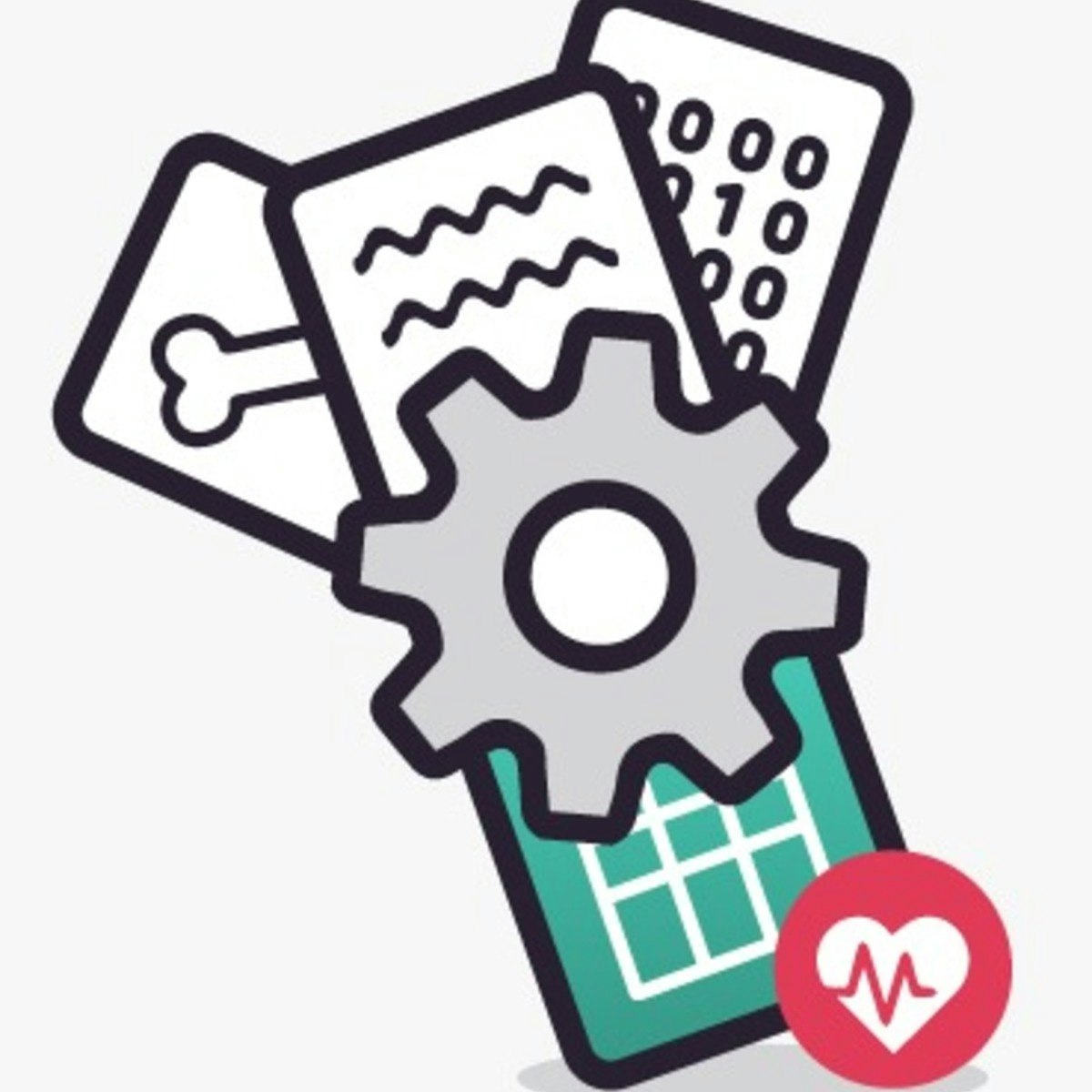
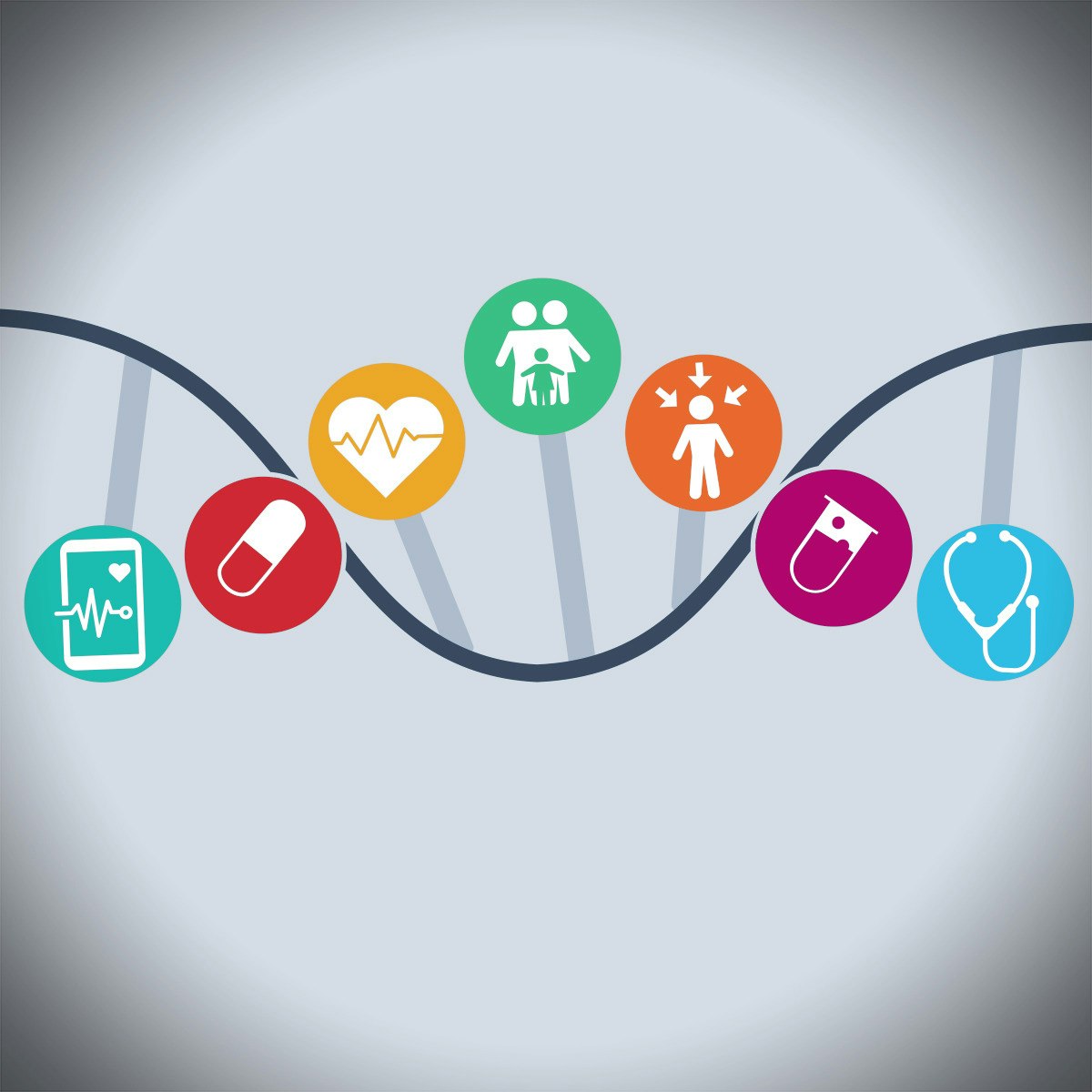
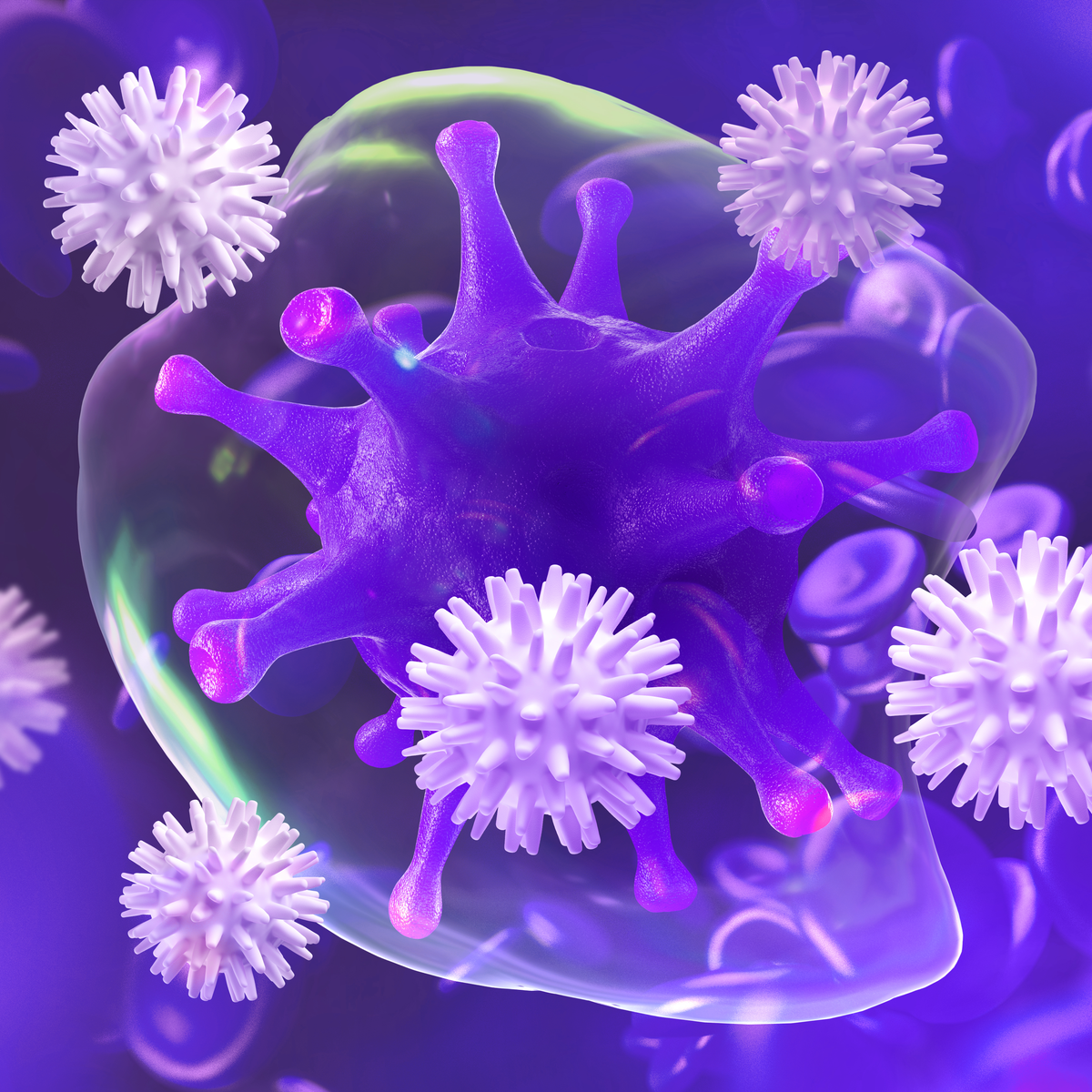


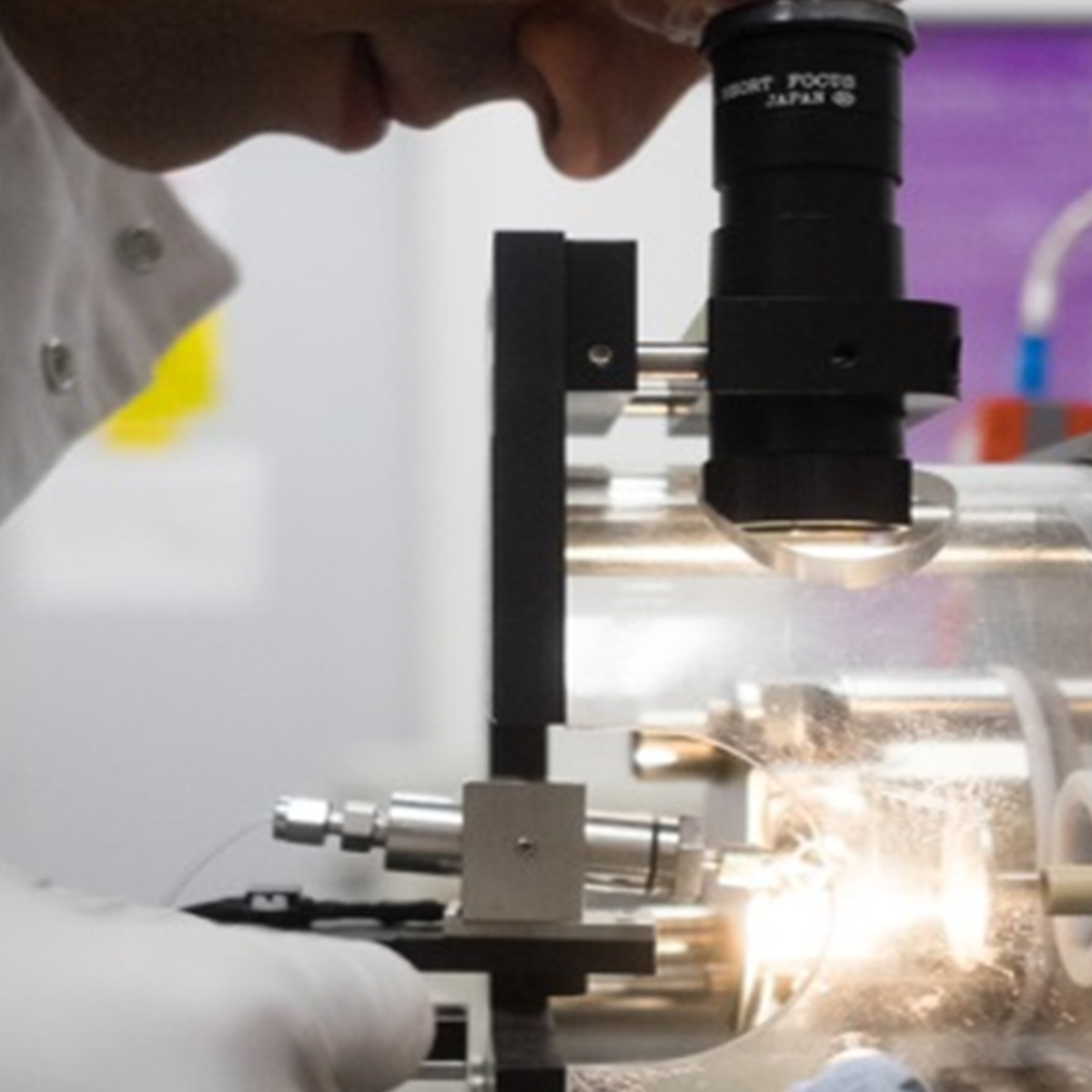


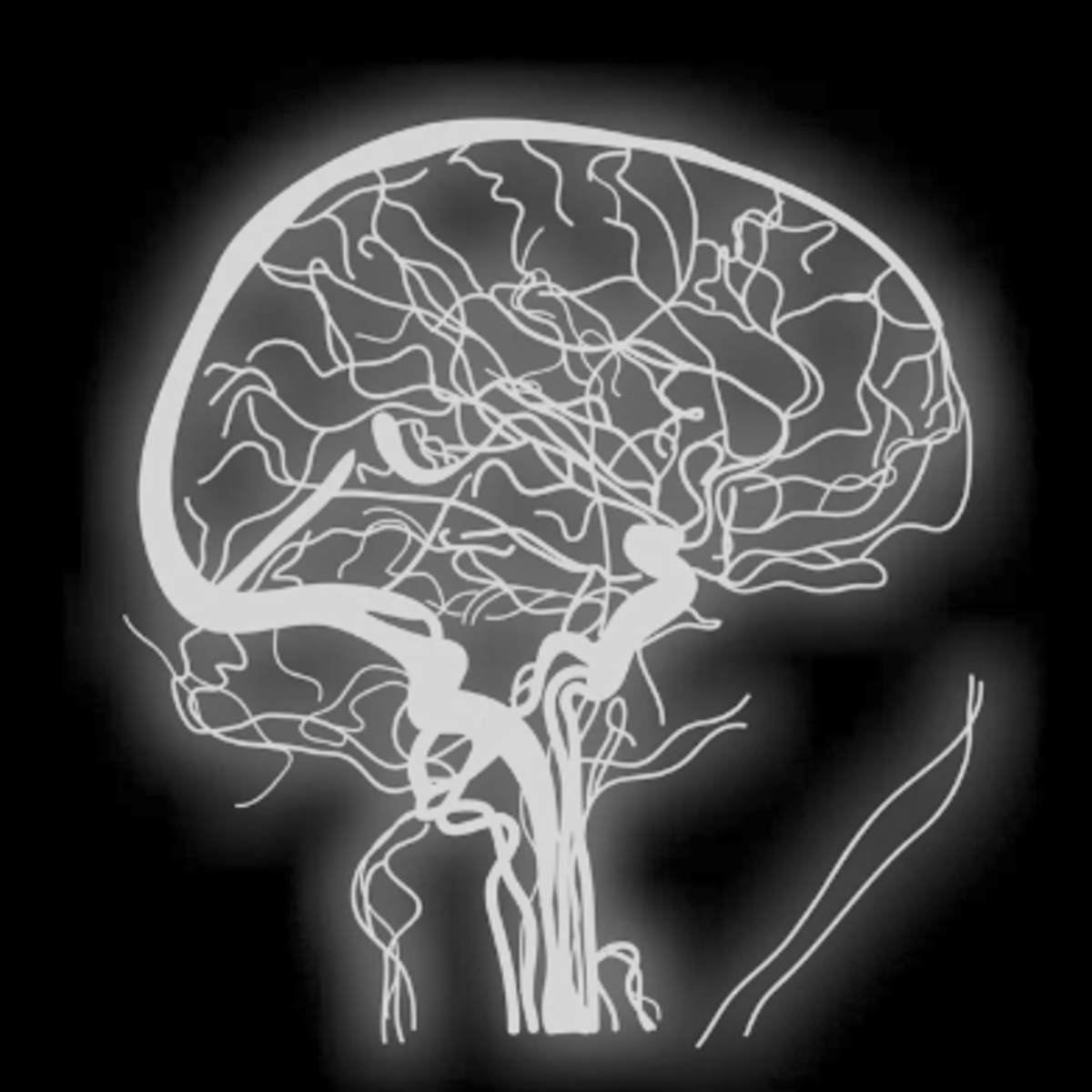

Life Sciences Courses - Page 47
Showing results 461-470 of 644

Foundations of mining non-structured medical data
The goal of this course is to understand the foundations of Big Data and the data that is being generated in the health domain and how the use of technology would help to integrate and exploit all those data to extract meaningful information that can be later used in different sectors of the health domain from physicians to management, from patients to caregivers, etc.
The course offers a high-level perspective of the importance of the medical context within the European context, the types of data that are managed in the health (clinical) context, the challenges to be addressed in the mining of unstructured medical data (text and image) as well as the opportunities from the analytical point of view with an introduction to the basics of data analytics field.

Precision Medicine
This course will provide you with the key knowledge and tools to understand the fundamentals and practical implications of precision medicine, its opportunities and challenges. It will address precision-medicine era diagnostics, treatment selection, genetic counseling, public health interventions, and biomedical research. It will also deal with data science and ethical issues.
From genomic analysis and genetic counseling to cancer biomarkers, from risk assessment of chronic diseases to the understanding of gene-environment interactions, from pharmacogenomics to multi-omics data integration, experts will walk you through the many aspects of precision medicine, from the bench to the bedside and to population health.
Designed for students with a bachelor-level training in life sciences, this course will also be useful for professionals who are increasingly expected to deal with precision medicine, including primary care physicians and other first-line healthcare professionals, cancer and non-communicable diseases specialists, public health policy and decision makers, as well as biomedical researchers and drug developers.
Experts from the multiple domains of genetics and genomics, oncology, pharmacology, data sciences, ethics, and biomedical research will provide you with a comprehensive, multi-faceted overview of precision medicine, richly illustrated with practical examples and clinical case studies, and peppered with formative evaluations.
Whether you are interested or intrigued by topics such as “genethics”, the analysis of exome sequencing, precision diabetes management, hereditary cancers, the ongoing revolution of genetic technologies, genome-exposome interactions, the pharmacogenetics of opioids, data deidentification, blockchain-base patient-consent documentation, or proteomics and biomarkers, this course will explain the concepts, offer insights and present concrete examples, thus providing you with an overall understanding of the rapidly evolving field of precision medicine.
- update -
The contents of this course have been updated and important corrections have been implemented thanks to learners' feedback. Many thanks to them!

Fundamentals of Immunology: Dueling with the Dark Side
Fundamentals of Immunology, Course 4: Dueling with the Dark Side, covers the constant battle between your immune system and threats to your health. The first two lectures discuss viral and cellular pathogens, focusing on specific tactics they use to deflect immune attack. Next, a cheerier lecture describes other immune-based therapies, beginning with the use of engineered antibodies to treat specific diseases. This lecture continues with vaccine development (viral-engineered, killed, RNA-component vaccines and more) and adjuvant function and ends with vaccination strategies, including herd immunity and resisting the anti-vaccination movement. The last two lectures cover immune deficiencies and how cancer evades the immune system, concluding with advances in using immune therapies (antibodies and CAR T cells) to cure cancer.

Genomic Data Science and Clustering (Bioinformatics V)
How do we infer which genes orchestrate various processes in the cell? How did humans migrate out of Africa and spread around the world? In this class, we will see that these two seemingly different questions can be addressed using similar algorithmic and machine learning techniques arising from the general problem of dividing data points into distinct clusters.
In the first half of the course, we will introduce algorithms for clustering a group of objects into a collection of clusters based on their similarity, a classic problem in data science, and see how these algorithms can be applied to gene expression data.
In the second half of the course, we will introduce another classic tool in data science called principal components analysis that can be used to preprocess multidimensional data before clustering in an effort to greatly reduce the number dimensions without losing much of the "signal" in the data.
Finally, you will learn how to apply popular bioinformatics software tools to solve a real problem in clustering.

Introduction to Systematic Review and Meta-Analysis
We will introduce methods to perform systematic reviews and meta-analysis of clinical trials. We will cover how to formulate an answerable research question, define inclusion and exclusion criteria, search for the evidence, extract data, assess the risk of bias in clinical trials, and perform a meta-analysis.
Upon successfully completing this course, participants will be able to:
- Describe the steps in conducting a systematic review
- Develop an answerable question using the “Participants Interventions Comparisons Outcomes” (PICO) framework
- Describe the process used to collect and extract data from reports of clinical trials
- Describe methods to critically assess the risk of bias of clinical trials
- Describe and interpret the results of meta-analyses

Industrial Biotechnology
Fossil fuels have been the primary energy source for society since the Industrial Revolution. They provide the raw material for the manufacture of many everyday products that we take for granted, including pharmaceuticals, food and drink, materials, plastics and personal care.
As the 21st century progresses we need solutions for the manufacture of chemicals that are smarter, more predictable and more sustainable.
Industrial biotechnology is changing how we manufacture chemicals and materials, as well as providing us with a source of renewable energy. It is at the core of sustainable manufacturing processes and an attractive alternative to traditional manufacturing technologies to commercially advance and transform priority industrial sectors yielding more and more viable solutions for our environment in the form of new chemicals, new materials and bioenergy.
This course will cover the key enabling technologies that underpin biotechnology research including enzyme discovery and engineering, systems and synthetic biology and biochemical and process engineering. Much of this material will be delivered through lectures to ensure that you have a solid foundation in these key areas. We will also consider the wider issues involved in sustainable manufacturing including responsible research innovation and bioethics.
In the second part of the course we will look at how these technologies translate into real world applications which benefit society and impact our everyday lives. This will include input from our industry stakeholders and collaborators working in the pharmaceutical, chemicals and biofuels industries.
By the end of this course you will be able to:
1. Understand enzymatic function and catalysis.
2. Explain the technologies and methodologies underpinning systems and synthetic biology.
3. Explain the diversity of synthetic biology application and discuss the different ethical and regulatory/governance challenges involved in this research.
4. Understand the principles and role of bioprocessing and biochemical engineering in industrial biotechnology.
5. Have an informed discussion of the key enabling technologies underpinning research in industrial biotechnology
6. Give examples of industrial biotechnology products and processes and their application in healthcare, agriculture, fine chemicals, energy and the environment.

Medical Terminology III
This final course finishes the comprehensive examination of medical terminology by introducing new roots, terms, and abbreviations related to the remaining body systems: nervous (brain, spinal cord, and nerves) and special senses (eyes and ears), digestive, and reproductive.

The Nature of Genius
Today "genius" is all around us. Celebrities, athletes, child prodigies, even your local Apple employees, all are referred to as geniuses. But are they? And if not these individuals then who? In this course, Henry L. and Lucy G. Moses Professor of Music Emeritus and author of The Hidden Habits of Genius, Craig Wright, will begin by giving you his definition and prerequisites for true genius and challenge you to come up with your own.
From there we'll look at examples of geniuses both historical and modern to try to identify the threads that bind them together and understand what separates the true genius from the wannabe... We’ll explore where creativity, curiosity and passion originate and how geniuses are able to discover, cultivate and apply their prodigious stores of each so as to fashion world changing ideas and inventions.
Specific topics covered in the course include:
Genius and Gender
Genius and Money
Whether or not celebrities and athletes can be considered geniuses
Where and when genius happen
The morality of genius
Genius and inequality
And dozens more
While this course almost assuredly will not turn anyone into a genius, we hope it will serve to inspire you to cultivate your own creativity, explore your own curiosity, and pursue your own passion.

Fundamental Neuroscience for Neuroimaging
Neuroimaging methods are used with increasing frequency in clinical practice and basic research. Designed for students and professionals, this course will introduce the basic principles of neuroimaging methods as applied to human subjects research and introduce the neuroscience concepts and terminology necessary for a basic understanding of neuroimaging applications. Topics include the history of neuroimaging, an introduction to neuroimaging physics and image formation, as well as an overview of different neuroimaging applications, including functional MRI, diffusion tensor imaging, magnetic resonance spectroscopy, perfusion imaging, and positron emission tomography imaging. Each will be reviewed in the context of their specific methods, source of signal, goals, and limitations. The course will also introduce basic neuroscience concepts necessary to understand the implementation of neuroimaging methods, including structural and functional human neuroanatomy, cognitive domains, and experimental design.
Understanding Memory: Explaining the Psychology of Memory through Movies
Welcome to Understanding Memory. Someone once said that memory is fascinating because sometimes we forget what we want to remember, sometimes we remember what we want to forget, and sometimes we remember events that never happened or never happened the way we remember them. I want to show you how memory works, why it sometimes fails, and what we can do to enhance it. Based on my recent book – Memory and Movies: What Films Can Teach Us About Memory (MIT Press, 2015) – I will provide an introduction to the scientific study of human memory by focusing on a select group of topics that hold widespread appeal.
To facilitate your understanding, I will use clips from numerous films to illustrate different aspects of memory – describing what has been learned about memory in a nontechnical way for people with no prior background in psychology. Many of us love watching movies because they offer an unparalleled opportunity for entertainment, even if entertaining films are not always scientifically accurate. Still, I believe that we can learn a lot about memory from popular films, if we watch them with an educated eye. Welcome once more. I am looking forward to showing you what movies can teach us about memory.
John Seamon
Professor of Psychology Emeritus
Wesleyan University
